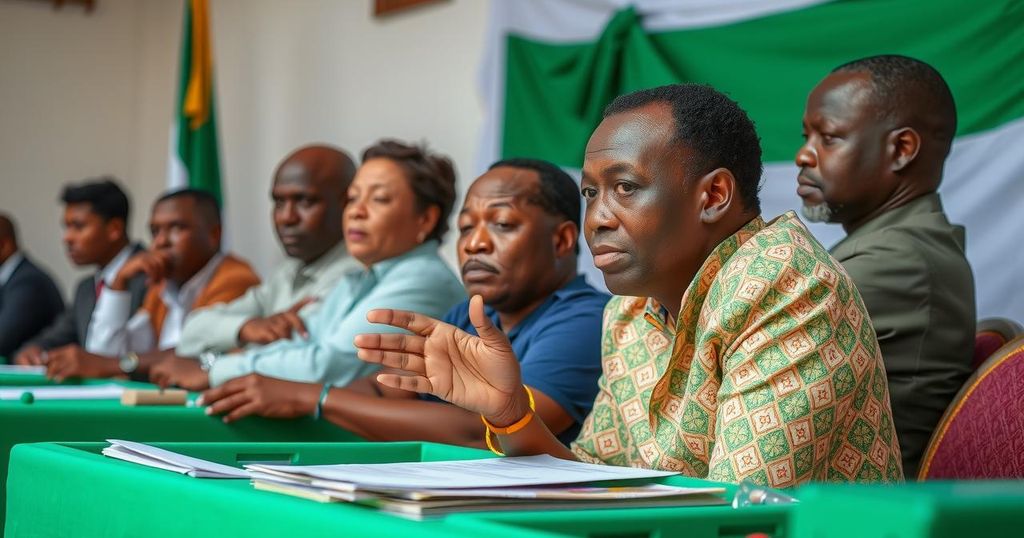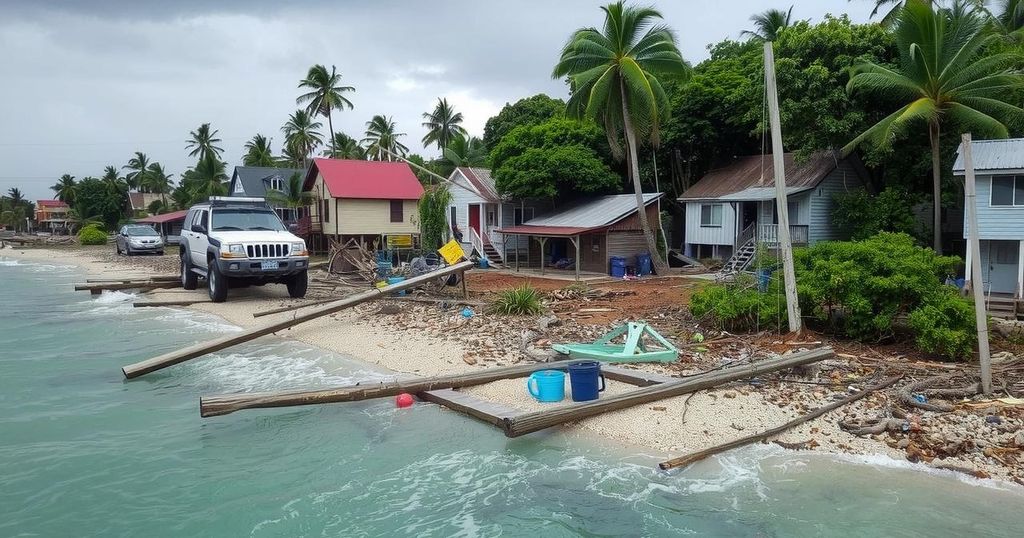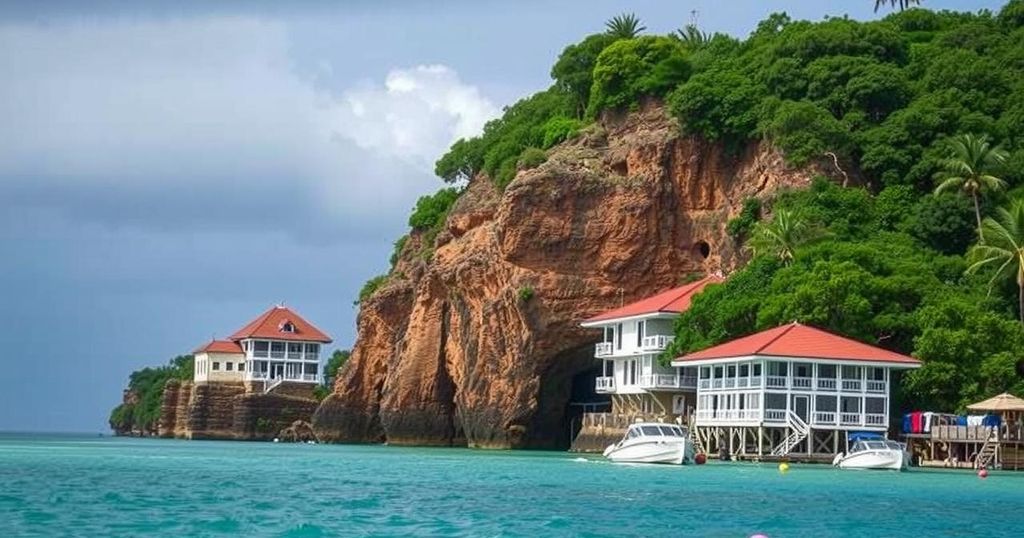World news
2024 ELECTIONS, AFRICA, AFRICA CENTER FOR STRATEGIC STUDIES, AHMED ABDALLAH SAMBI, AP, APNEWS, ASSOUMANI, AZ, AZALI ASSOUMANI, COM, COMOROS, CORRUPTION, ELECTIONS, EUROPE, FOR THE RENEWAL OF THE COMOROS, FRANCE, GOVERNANCE, GRANDE COMORE, INDIAN OCEAN, MADAGASCAR, MAYOTTE, MITSOUDJE, MITSOUDJÉ, MORONI, PRESIDENTIAL ELECTION, U. S, VOTER TURNOUT
Li Chen
0 Comments
Comoros Parliamentary Election Confronts Opposition Boycott and Allegations of Authoritarianism
Comoros held a parliamentary election on Sunday that was boycotted by some opposition parties. Accusations against President Azali Assoumani’s government include authoritarianism and election integrity issues. Out of 850,000 residents, approximately 330,000 were registered to vote, with low turnout anticipated. Assoumani’s party had previously dominated elections, raising further concerns about the viability of democratic processes in the nation.
On Sunday, Comoros conducted a parliamentary election amid a boycott by several opposition factions. These leaders accused President Azali Assoumani and his administration of adopting increasingly authoritarian measures and raised alarms regarding the election’s credibility. The elections aimed to fill the 33 legislative seats, with results anticipated next week as per the national electoral commission’s schedule. About 330,000 citizens from a total population of 850,000 in the Indian Ocean archipelago were registered to vote, although opposition groups predicted a low turnout due to widespread disaffection with the electoral process.
In the previous parliamentary elections held in 2020, Assoumani’s party secured 20 out of 24 contested seats, a result the opposition labeled a “masquerade” lacking fairness. The president, who is currently in his third term after returning to power in 2016, has faced allegations of conducting fraudulent elections and suppressing dissent, with significant protests erupting following his last electoral victory. Among the boycotting parties was the Juwa Party, led by former President Ahmed Abdallah Sambi, which similarly refrained from participating in the 2020 elections.
Comoros comprises three islands located off the east coast of Africa and has experienced numerous military coups since its independence from France in 1975. President Assoumani originally seized control in 1999 through a coup. Despite stepping down in 2006, he returned to power, manipulating constitutional changes in 2018 to eliminate term limits and disrupt the established presidential rotation agreement among the islands. The Africa Center for Strategic Studies has characterized Assoumani’s tenure by increasing political repression and the occurrence of non-competitive elections. Notably, the electoral exercise was conducted despite Tropical Cyclone Dikeledi approaching the region.
The recent parliamentary elections in Comoros unfold against a backdrop of political turmoil and historical instability. Comoros is an archipelago that has gone through numerous military coups since gaining independence from France in 1975. President Azali Assoumani, a key figure in this political history, has been accused by opposition parties of authoritarian governance, corruption, and undermining the democratic process. The political landscape has been marred by allegations of fraudulent elections, with significant sections of the population growing disillusioned with the electoral system. Continuous calls for boycotts from various factions reflect deepening divisions and a lack of faith in the integrity of governance.
In summary, the parliamentary elections in Comoros highlight significant political divisions and allegations of authoritarianism under President Assoumani’s leadership. With several opposition parties opting for boycott due to concerns over the election’s legitimacy, there is an ongoing struggle for democratic representation in the archipelago. The historical context of political instability and public disillusionment further complicates the electoral landscape, suggesting a challenging road ahead for the nation.
Original Source: www.seattletimes.com




Post Comment